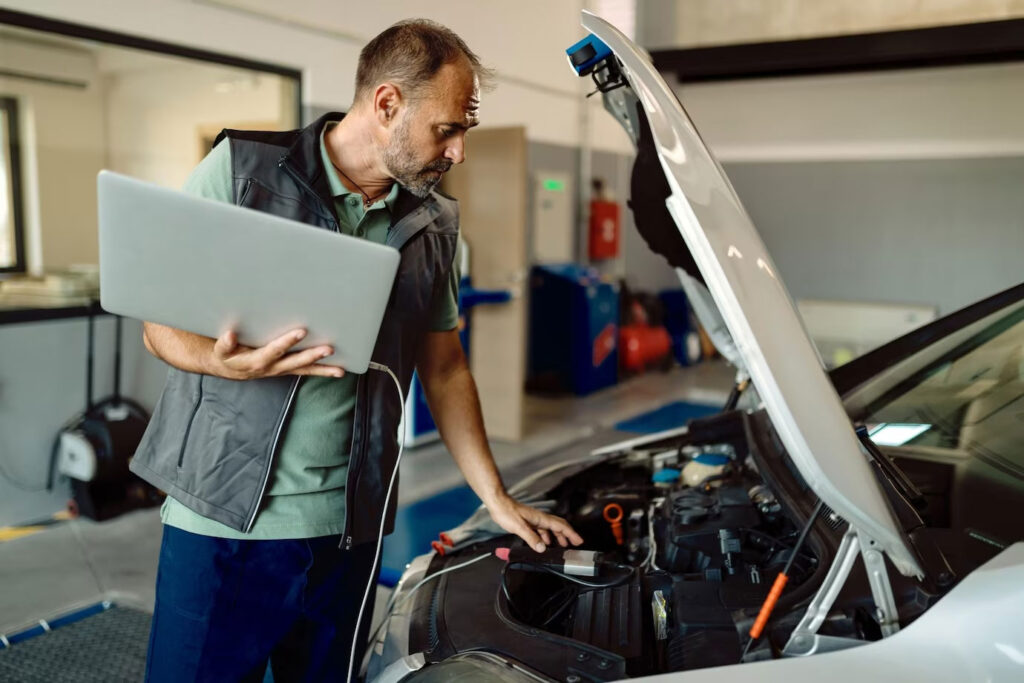Blog
Industrial Panel Computers: Enhancing Automation and Control Systems
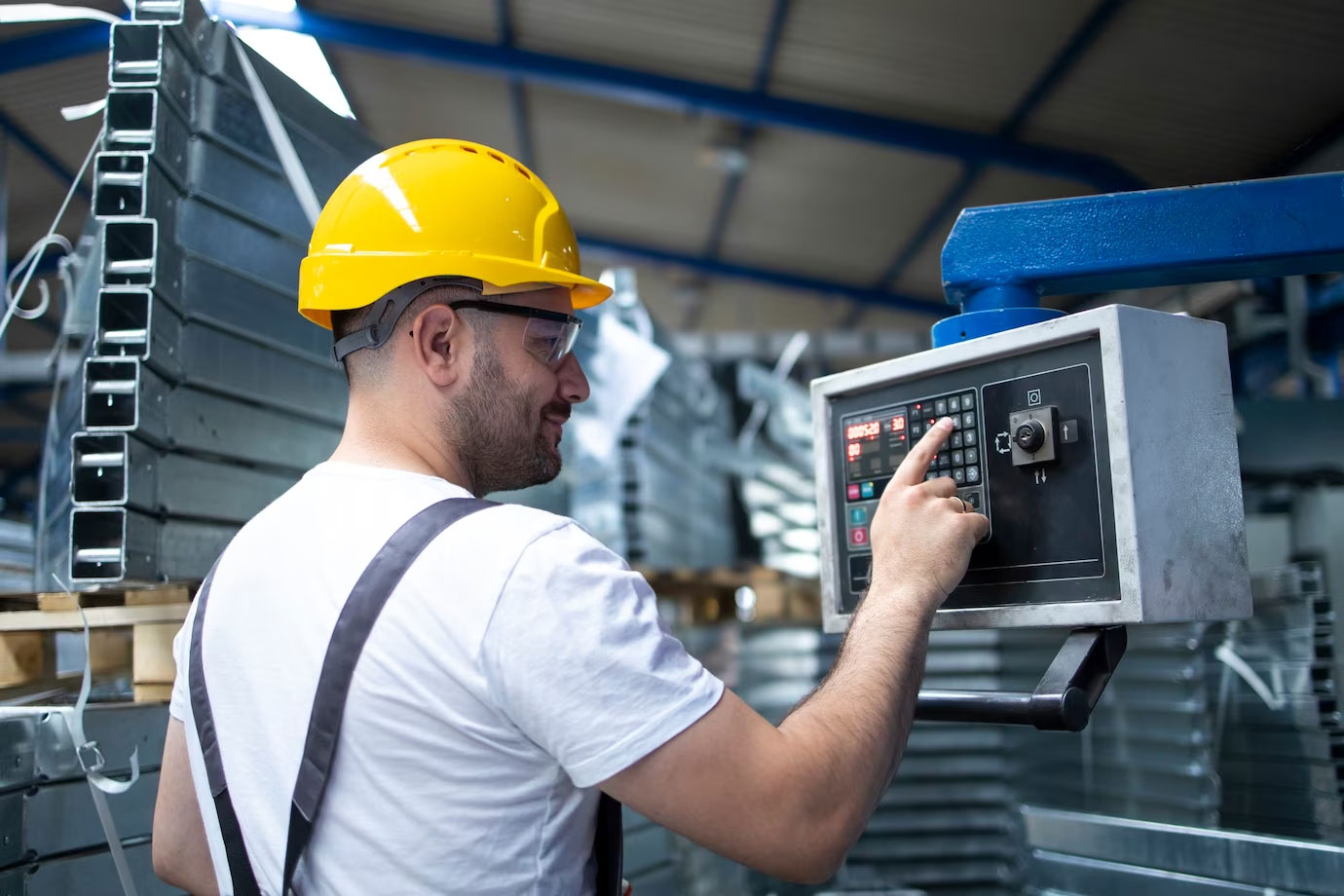
In today’s rapidly evolving industrial landscape,Industrial Panel Computers automation and control systems have emerged as the cornerstone of efficient and productive operations. Industries spanning manufacturing, energy, transportation, healthcare, and more are embracing automation to streamline processes, enhance quality, and optimize resource utilization. At the heart of this transformation lies the integration of cutting-edge technology to create seamless human-machine interfaces (HMIs) that facilitate real-time monitoring, control, and decision-making.
One pivotal component that plays a pivotal role in revolutionizing automation and control systems is the industrial panel computers. These specialized computing devices are designed to withstand the harsh conditions of industrial environments while offering advanced features that empower operators, engineers, and managers to interact with complex processes intuitively and effectively. This blog delves into the pivotal role of industrial panel computers in enhancing automation and control systems, exploring their evolution, benefits, applications across various industries, crucial selection factors, successful case studies, challenges, and the exciting trends shaping their future.
Understanding Industrial Panel Computers
A. Definition and Components of Industrial Panel Computers:
Industrial panel pc are specialized computing devices designed to operate in demanding industrial environments. They combine the functions of a computer with a touchscreen interface, providing a comprehensive solution for both data processing and human-machine interaction. These devices are typically integrated into machinery, equipment, or control systems to facilitate monitoring, control, and data visualization.
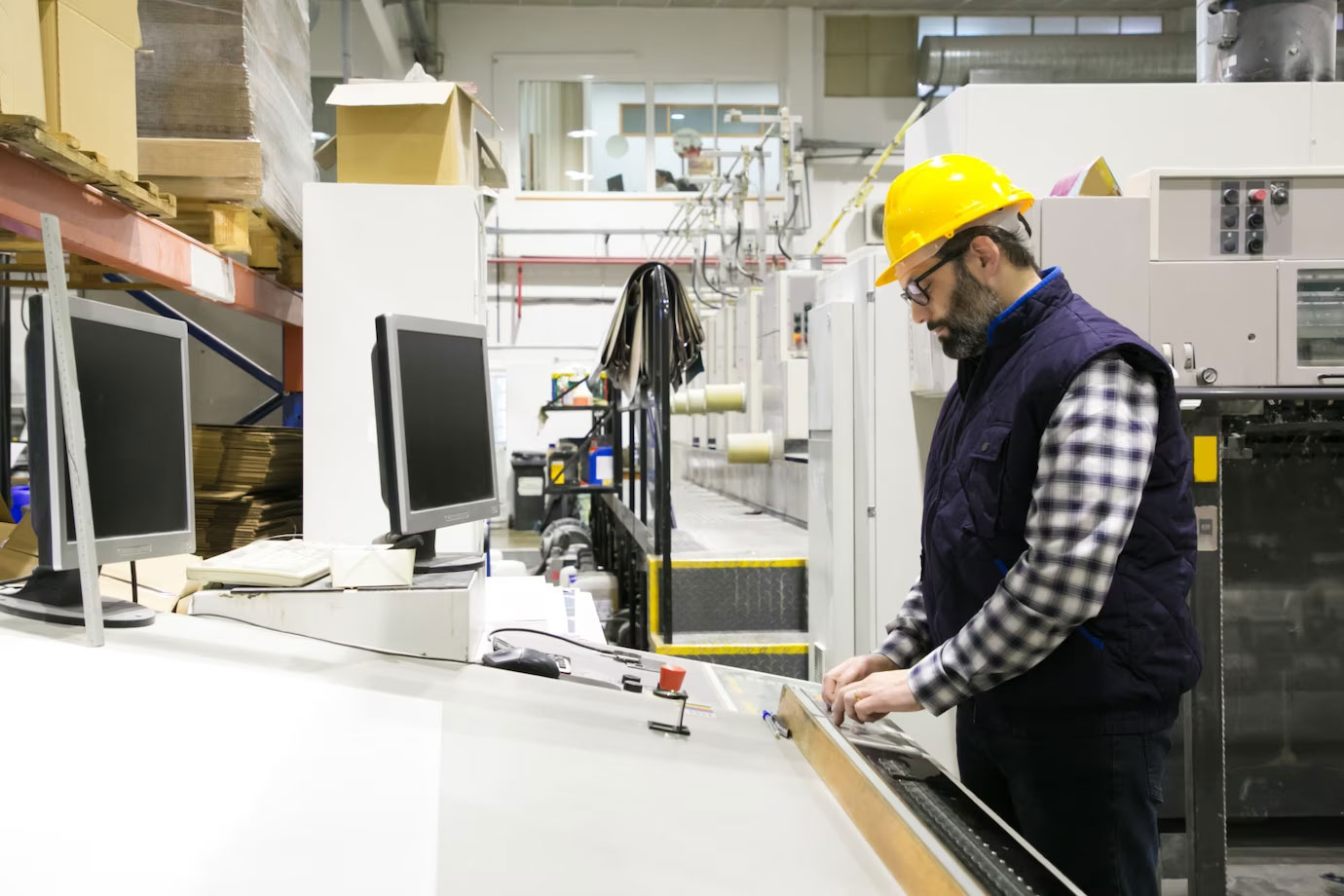
Components of Industrial Panel Computers:
- Processor and Memory: Like traditional computers, industrial panel computers feature processors and memory to handle data processing tasks efficiently.
- Touchscreen Display: The hallmark of an industrial panel computer is its touchscreen display. This display serves as the primary interface for operators to interact with the system.
- I/O Ports: These devices are equipped with various input/output (I/O) ports to connect with external devices such as sensors, PLCs, and other automation components.
- Communication Interfaces: Industrial panel computers support a range of communication protocols, including Ethernet, serial ports, USB, and sometimes wireless connectivity for data exchange.
- Rugged Enclosure: The enclosure housing the components is designed to withstand harsh industrial environments, protecting the device from factors like dust, moisture, vibrations, and temperature fluctuations.
- Fanless Design: To ensure reliability and longevity, many industrial panel computer utilize fanless cooling systems that eliminate moving parts prone to failure.
- Mounting Options: These computers come with flexible mounting options, such as wall-mount, panel-mount, or VESA-mount, to suit different installation requirements.
B. Differentiating Industrial Panel Computers from Regular Computers:
Industrial panel computers differ significantly from regular consumer-grade computers due to their specialized nature and distinct features:
- Ruggedness: Industrial panel computers are built to endure challenging conditions, such as extreme temperatures, humidity, and vibrations, which are common in industrial settings.
- Durability: Regular computers are designed for controlled environments, while industrial panel computers are engineered to withstand industrial wear and tear.
- Environmental Considerations: Industrial panel pc often adhere to stringent IP ratings (Ingress Protection) to ensure protection against dust, water, and other contaminants.
- Longevity: Regular computers are frequently updated, whereas industrial panel computers have longer lifecycles to maintain stability in industrial processes.
- Customization: Industrial panel computers can be tailored to specific industry needs, often accommodating various I/O configurations and communication protocols.
- Integration: These computers are designed to seamlessly integrate with other automation equipment and systems, facilitating a unified control environment.
C. Importance of Ruggedness, Reliability, and Environmental Considerations:
The industrial environment presents challenges that can compromise the functionality of conventional computers. Ruggedness, reliability, and environmental considerations are paramount for several reasons:
- Uninterrupted Operations: Industrial processes demand continuous operation. Rugged and reliable industrial panel computers ensure minimal downtime and optimal productivity.
- Data Accuracy: Reliable operation in varying environmental conditions guarantees accurate data collection and processing, enabling informed decision-making.
- Safety and Compliance: In industries like manufacturing and energy, compliance with safety regulations requires equipment that can operate safely even in hazardous conditions.
- Cost-Efficiency: Investing in industrial panel computers with extended lifecycles reduces frequent replacements and upgrades, leading to cost savings over time.
- Operational Continuity: Industrial panel computer contribute to maintaining consistent operations in critical sectors, safeguarding against disruptions.
Understanding the unique features and significance of industrial panel computers lays the foundation for comprehending their pivotal role in enhancing automation and control systems across diverse industries. In the subsequent sections, we’ll delve deeper into the benefits these devices offer and their applications in various sectors.
Benefits of Industrial Panel Computers in Automation
Industrial panel computers have revolutionized the automation industry, offering a plethora of benefits to businesses looking to streamline their processes. These robust and versatile devices are specifically designed for use in harsh industrial environments, making them ideal for controlling and monitoring automated systems.
One of the major advantages of industrial panel computer is their durability. Built to withstand extreme temperatures, vibrations, dust, and moisture, they can operate reliably in even the harshest conditions. This ensures uninterrupted performance and minimizes downtime.
Another key benefit is their user-friendly interface. Industrial panel computers typically feature touchscreens that allow operators to easily interact with the system. This intuitive interface simplifies operation and reduces training time for employees.
In addition, industrial panel computers offer enhanced connectivity options. They can be seamlessly integrated into existing automation systems through various ports such as USB, Ethernet, serial interfaces, and wireless connections. This enables efficient data transfer between devices and facilitates real-time monitoring of processes.
Furthermore, these rugged devices provide advanced computing power necessary for complex automation tasks. With high-performance processors and ample storage capacity, they can handle multiple applications simultaneously without compromising speed or efficiency.
Moreover, industrial panel computer contribute to improved productivity by providing real-time data visualization tools. Operators can monitor critical parameters such as temperature levels or production rates at a glance on the large display screens offered by these devices.
Lastly but not leastly! (Oops!) Industrial panel computers help optimize space utilization on factory floors due to their compact design which integrates both a computer unit and display screen into one device.
Overall (Oops! Sorry!), it’s clear that industrial panel computers offer numerous benefits when it comes to enhancing automation systems in various industries ranging from manufacturing plants to transportation facilities

Applications of Industrial Panel Computers
Industrial panel computers are versatile devices that find applications in various industries and sectors. One such application is in the manufacturing industry, where these computers play a crucial role in automation and control systems. With their rugged design and ability to withstand harsh environments, industrial panel computer are perfect for monitoring and controlling processes on the factory floor.
In the transportation sector, industrial panel computers are used for fleet management and tracking. These devices provide real-time data on vehicle location, fuel consumption, and driver behavior, allowing companies to optimize logistics operations and improve efficiency.
Another important application of industrial panel computer is in healthcare settings. These devices can be integrated into medical equipment to monitor patient vital signs or display electronic medical records. They ensure accurate data collection while providing healthcare professionals with easy access to critical information.
The energy sector also benefits from the use of industrial panel computers. These devices are utilized in power plants for process control, monitoring energy production levels, managing distribution networks, and analyzing data for predictive maintenance.
Furthermore, industrial panel computers have found applications in retail environments as well. They can be used as interactive kiosks or point-of-sale systems to enhance customer experience and streamline transactions.
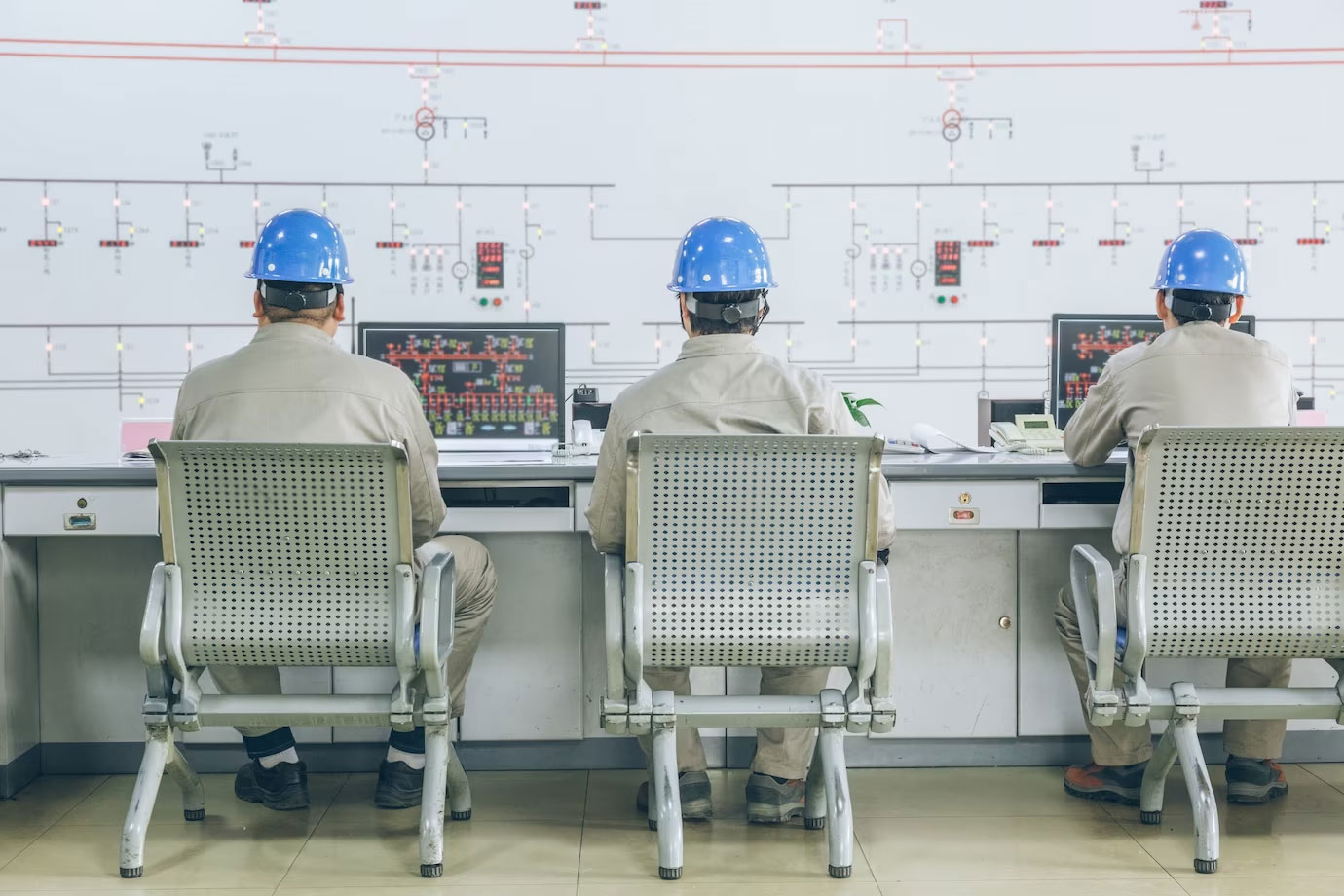
The applications of industrial panel computer are vast across different industries due to their durability, reliability, flexibility,and advanced features.
Factors to Consider When Choosing Industrial Panel Computers:
Selecting the right industrial panel computer is a critical decision that can significantly impact the efficiency and reliability of automation and control systems. Several factors should be carefully evaluated to ensure the chosen device aligns with the specific needs of the industry and environment. Here are key considerations to keep in mind:
A. Environmental Conditions:
- Temperature Range: Assess the temperature extremes of the operating environment. Choose a panel computer with a temperature rating that matches or exceeds these conditions.
- IP Rating: Verify the Ingress Protection (IP) rating of the panel computer. Higher IP ratings ensure protection against dust, moisture, and other environmental contaminants.
- Vibration and Shock Resistance: For environments with machinery or heavy equipment causing vibrations, opt for a panel computer designed to withstand these forces.
B. Performance and Processing Power:
- Processing Speed: Select a panel computer with a processor capable of handling the computational demands of the automation processes.
- Memory: Ensure sufficient RAM and storage capacity to accommodate the software applications and data required for efficient operation.
- Graphics Capability: Consider the graphical requirements for data visualization. A robust graphics card can enhance the quality of displayed information.
C. Connectivity Options:
- Communication Protocols: Confirm that the panel computer supports the necessary communication protocols (Ethernet, serial, USB, etc.) to connect with existing equipment and systems.
- Wireless Connectivity: If remote access or data exchange is required, choose a model with reliable and secure wireless connectivity options.
D. Mounting and Form Factor:
- Mounting Compatibility: Determine the most suitable mounting option – wall-mount, panel-mount, VESA-mount – based on the installation environment and space constraints.
- Form Factor: Consider the physical dimensions and aspect ratio of the display to ensure it fits seamlessly into the available space.
E. Touchscreen Technology and Interface:
- Touchscreen Type: Choose between resistive, capacitive, or other touchscreen technologies based on the desired level of accuracy and responsiveness.
- Multi-Touch Capability: Determine if multi-touch functionality is required for intuitive user interaction and advanced gestures.
F. Software Compatibility:
- Operating System: Ensure that the chosen panel computer supports the required operating system and is compatible with the software applications used in the automation and control processes.
- Customization: Evaluate the ease of customizing the interface and software to match specific workflow requirements.
G. Reliability and Longevity:
- Build Quality: Choose a panel computer from reputable manufacturers known for producing reliable and durable devices.
- MTBF (Mean Time Between Failures): Inquire about the manufacturer’s provided MTBF for the panel computer to gauge its expected reliability.
- Lifecycle Expectancy: Opt for devices with longer lifecycles to ensure compatibility and support over the long term.
H. Service and Support:
- Warranty: Understand the warranty terms and conditions provided by the manufacturer.
- Technical Support: Evaluate the availability of technical support, software updates, and firmware upgrades from the manufacturer.
I. Budget Considerations:
- Total Cost of Ownership: While the upfront cost is a factor, consider the long-term benefits of a reliable panel computer that minimizes maintenance and replacement expenses.
Choosing the right industrial panel computer involves a careful balance of technical specifications, environmental compatibility, and long-term reliability. By thoroughly evaluating these factors, industries can select a device that seamlessly integrates into their automation and control systems, contributing to enhanced efficiency and operational success.
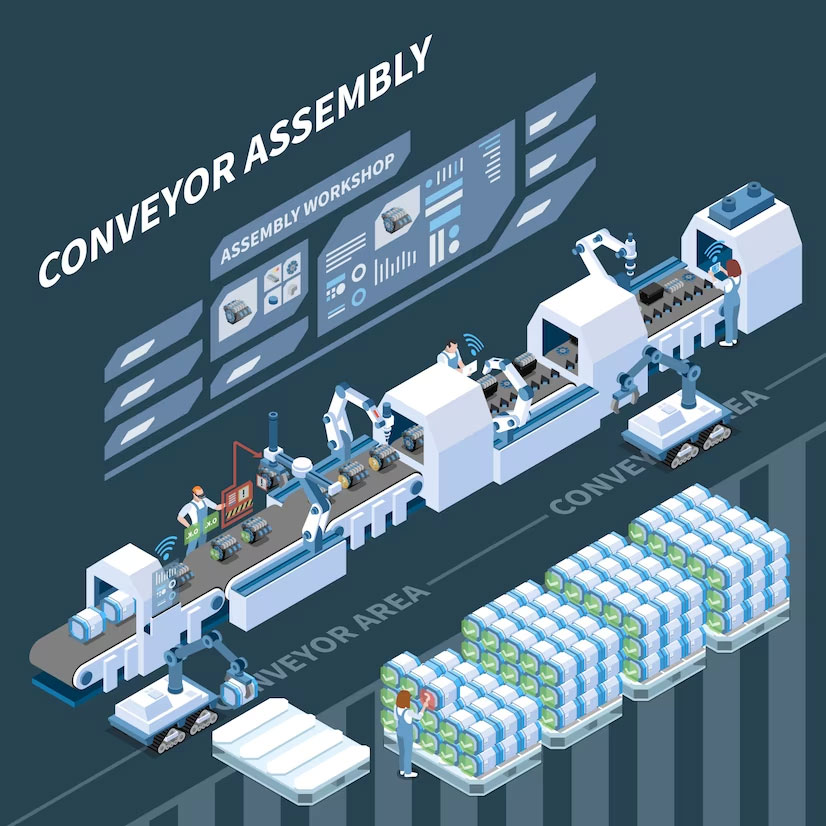
Conclusion
Industrial panel computers play a crucial role in enhancing automation and control systems across industries. These rugged and versatile devices offer numerous benefits, making them an excellent choice for various applications.
With their robust construction, industrial panel pc can withstand harsh environmental conditions, ensuring reliable performance in demanding settings. They provide real-time data visualization, enabling operators to monitor processes effectively and make informed decisions.
The flexibility of industrial panel computers allows for easy integration with existing automation systems, simplifying installation and reducing downtime. Additionally, their touch screen interfaces enhance user interaction and streamline operations.
